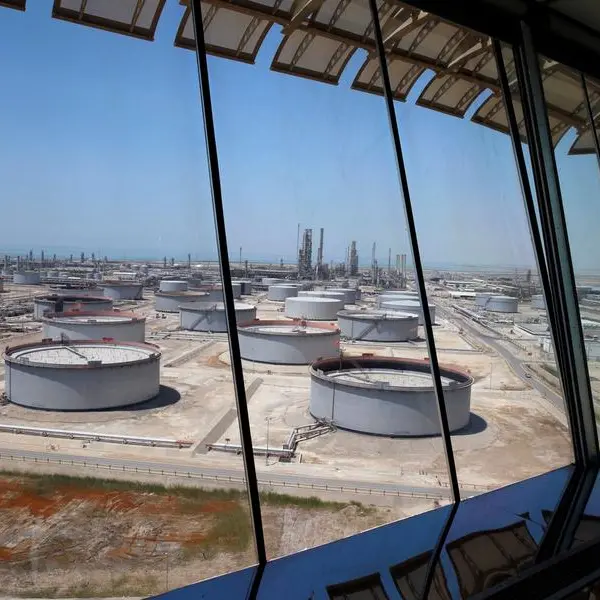PHOTO
The global markets continue to showcase the complex interplay between traditional and emerging sectors, as evidenced by developments across energy, technology, and regulatory landscapes this week.
Oil markets exhibited notable resilience amid persistent geopolitical tensions, with prices heading for a weekly rise despite ongoing concerns about demand. While traders remain cautious about potential escalations in the Middle East, attention has also turned to Asia's growing energy appetite. India's oil demand is projected to increase by 4% in Q4 , driven by post-monsoon industrial activity and festival season consumption. This growth, coupled with China's 6% increase in crude import quotas for private refiners, signals robust energy demand from Asia's largest economies.
The surge in Asian demand comes at a particularly crucial time for global energy markets. India's consumption patterns are especially noteworthy, with diesel fuel showing only a minor decline of less than 2% during the monsoon season, while gasoline demand expanded by 3% during the same period. This resilience in fuel consumption underscores India's position as one of the world's largest oil importers, with imported oil covering approximately 85% of the nation's requirements. The country's ambitious plans to expand its refining capacity by 20% to 6.19 million barrels daily by 2028 further emphasizes the long-term nature of this demand growth.
The technology sector provided a counterpoint to traditional energy markets, with Tesla's remarkable Q3 performance highlighting the accelerating transition toward sustainable transportation. The electric vehicle manufacturer reported earnings that exceeded analyst expectations, with shares surging over 30% in response.
Tesla's achievement of record-low production costs per vehicle, at approximately $35,100, demonstrates the increasing viability of electric vehicles as mainstream transportation options. The company's ambitious outlook, including projected delivery growth of 25-30% next year and plans for a self-driving taxi service launch in California and Texas by 2025, signals confidence in the continued evolution of sustainable transportation solutions.
This transition in the transportation sector arrives alongside significant developments in global industrial standards. The Consolidated Mining Standard Initiative (CMSI) has introduced a comprehensive framework aimed at harmonizing environmental, social, and governance practices across the mining industry. This initiative, supported by major industry bodies including the World Gold Council and the Mining Association of Canada, is expected to impact approximately 600 operations across 60 countries, marking a significant step toward standardized sustainability practices in resource extraction.
The CMSI's framework introduces three distinct levels of practice: Foundational, Good, and Leading Practice, providing a clear pathway for mining operations to improve their environmental and social performance. This structured approach to industry standards could serve as a model for other sectors undergoing similar transitions toward more sustainable practices.
The regulatory landscape continues to evolve, with European nations taking bold steps in digital asset regulation. Italy recently announced a decision to implement a 42% tax on digital asset gains from 2025, while Denmark has proposed an even more stringent approach with a "mark-to-market" taxation system that would tax unrealized crypto gains at rates up to 42% starting 2026.
These moves highlight the growing intersection between traditional finance and digital innovations, reflecting a broader trend of governments seeking to establish clear frameworks for emerging technologies while securing new revenue streams. Denmark's approach is particularly noteworthy as it would require investors to pay taxes on value increases even before selling their assets, treating digital currencies more like traditional financial instruments.
For Gulf economies, these trends present both challenges and opportunities. The continued strong demand for oil from Asian markets provides near-term stability, while the global push toward sustainability and technological innovation offers pathways for economic diversification. The success of companies like Tesla in reducing production costs suggests that the transition to sustainable technologies is becoming increasingly economically viable.
2022 © All right reserved for Oman Establishment for Press, Publication and Advertising (OEPPA) Provided by SyndiGate Media Inc. (Syndigate.info).





















